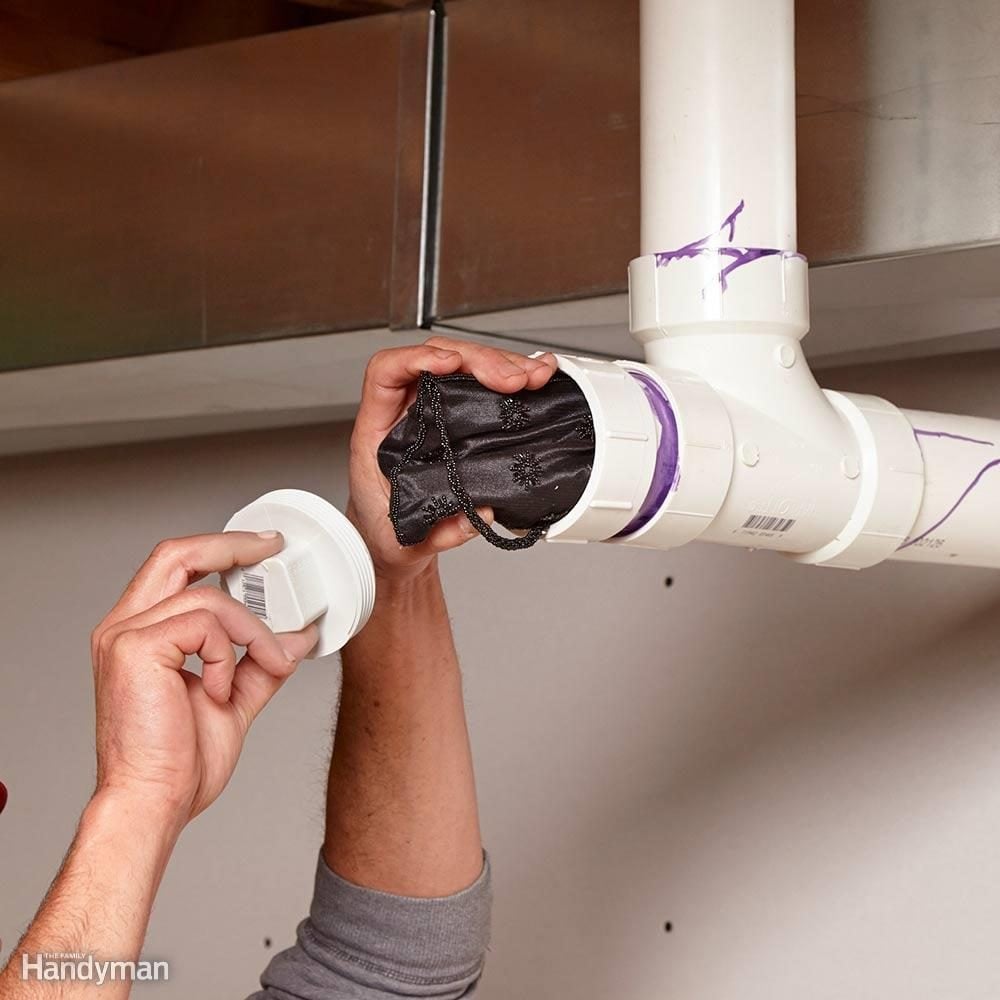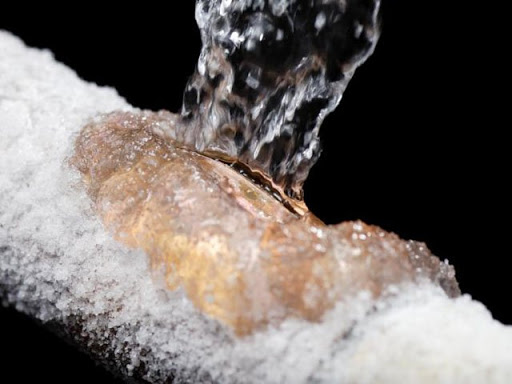Essential 5 Winterizing Hacks to Prevent Your Pipes From Bursting in Cold Weather
Essential 5 Winterizing Hacks to Prevent Your Pipes From Bursting in Cold Weather
Blog Article
How do you feel in relation to Winterizing Your Pipes?

All home owners that reside in temperate environments should do their ideal to winterize their pipes. It is something you must do throughout autumn prior to deep winter season truly begins. Failing to do so can spell calamity like frozen, fractured, or burst pipelines. If the climate exterior is terrible, below are some useful winterizing hacks to maintain your plumbing system safeguarded also.
Activate the Faucets
When the temperature declines and it appears as if the frigid temperature will certainly last, it will assist to switch on your water both inside and outdoors. This will maintain the water flowing with your plumbing systems. On top of that, the motion will reduce the cold process. Significantly, there's no demand to turn it on full force. You'll wind up wasting gallons of water by doing this. Rather, aim for about 5 decreases per min.
Open Cupboard Doors Hiding Plumbing
When it's chilly outside, it would certainly be practical to open up closet doors that are masking your pipelines. Doing this little technique can keep your pipes warm as well as limit the possibly unsafe outcomes of freezing temperatures.
Take Some Time to Wrap Exposed Water Lines
One nifty and also very easy hack to heat up icy pipes is to cover them with warm towels. You can cover them first with towels. After securing them in position, you can put boiling water on the towels. Do it slowly to let the towels absorb the fluid. You can additionally utilize pre-soaked towels in hot water, just do not neglect to use protective gloves to protect your hands from the warm.
Attempt a Hair Clothes Dryer or Heat Gun
When your pipelines are nearly freezing, your trusty hair clothes dryer or heat weapon is a godsend. Bowling hot air straight right into them may aid if the warm towels do not help displace any kind of working out ice in your pipelines. Nevertheless, do not use other things that generate straight flames like a strike torch. This can lead to a bigger catastrophe that you can not control. You might end up destructive your pipes while trying to thaw the ice. And in the future, you might even end up burning your home. Be careful!
When Pipes are Frozen, close Off Water
If you see that your pipes are completely frozen or virtually nearing that stage, turn off the main water valve quickly. You will usually find this in your cellar or laundry room near the heater or the front wall closest to the street. Turn it off as soon as possible to stop further damages.
Do not neglect to close external water sources, too, such as your hookup for the garden home. Doing this will prevent additional water from filling up your plumbing system. Regrettably, with even more water, more ice will pile up, which will eventually result in break pipelines. It is best to call a specialist plumber for an examination if you are unclear concerning the state of your pipes this winter. Taking this proactive approach can conserve you hundreds of bucks in repairs.
All home owners who live in temperate environments need to do their ideal to winterize their pipelines. Failure to do so can spell disaster like icy, split, or burst pipelines. If the hot towels do not help displace any type of resolving ice in your pipelines, bowling warm air directly right into them may aid. Transform off the main water valve instantly if you see that your pipelines are completely icy or nearly nearing that stage. With more water, more ice will pile up, which will at some point lead to break pipelines.
PREVENT YOUR PIPES FROM FREEZING THIS WINTER
A Leading Cause of Property Damage
When the weather is taking a deep nose dive into the cold dreary days, the risk of your pipes freezing and potentially bursting skyrockets. Unfortunately, during these cold dreary months, burst pipes are the most common denominator for property damage. The pipes that are most at the risk are those that are in areas where it is most cold in your home. For instance, pipes located in interior places such as basements, attics, and your garage. Unfortunately, that doesn’t mean that the pipes running through your cabinets or exterior walls can’t freeze. Good news, however, is that you can do things to help prevent pipes from freezing.
How to Prevent Pipes From Freezing
Once the temperature starts to drop during the winter, you should be taking the proper measures needed to ensure that your pipes stay warm and that there is circulation of water through them. Some steps that experts may recommend could go against your better judgement when it comes to saving water and heat. However, it would go without saying that when expenses are compared, damaged pipes could put a bigger dent in your wallet than a water bill.
What Can I Do?
Keep your garage door closed. This is very important, especially if you have water supply lines running through your garage. Open your kitchen and bathroom cabinets to allow warm air to circulate through them. Allow air circulation throughout your home. Keeping the interior doors open will once again allow the warm air to circulate inside your home. Ensure your thermostat is running the same temperature throughout the night and day. If you plan to be away from home during the cold months, set your temperature no lower than 55° F. This should provide enough heat to keep the pipes warm and prevent any remaining water inside the pipes from freezing. For more of a long-term solution, add insulation to attics, basement, and other crawl spaces around your home. By allowing your faucet to drip, it will alleviate pressure in the system. This is important because the pressure that is created between the blockage and the faucet can potentially cause the pipes to burst. Allowing the faucet to drip will prevent the pressure from building up, therefore keeping the pipes from bursting. Seal any cracks, openings, and crawl spaces around your home to prevent cold air from coming inside. This keeps your pipes-not to mention your home-warmer and less susceptible to issues caused by freezing temperatures. For the pipes in your home that are easily accessible, applying electrical tape to them might prevent them from freezing over. This is a quick fix, as you can apply the tape directly to the pipe. There are two options for heating tapes. One turns on and off by itself when it senses heat is needed. The other type of heating tape needs to be applied when heat is needed and removed when not necessary. If you have exposed pipes in your home, you can check this website to take a look at a few options that would be available at a shop near you.

I'm very eager about How to stop pipes from freezing during the winter and I'm hoping you enjoyed our piece. Do you know about someone else who is fascinated with the topic? Be sure share it. Many thanks for your time. Don't forget to visit our website back soon.
Call Today Report this page